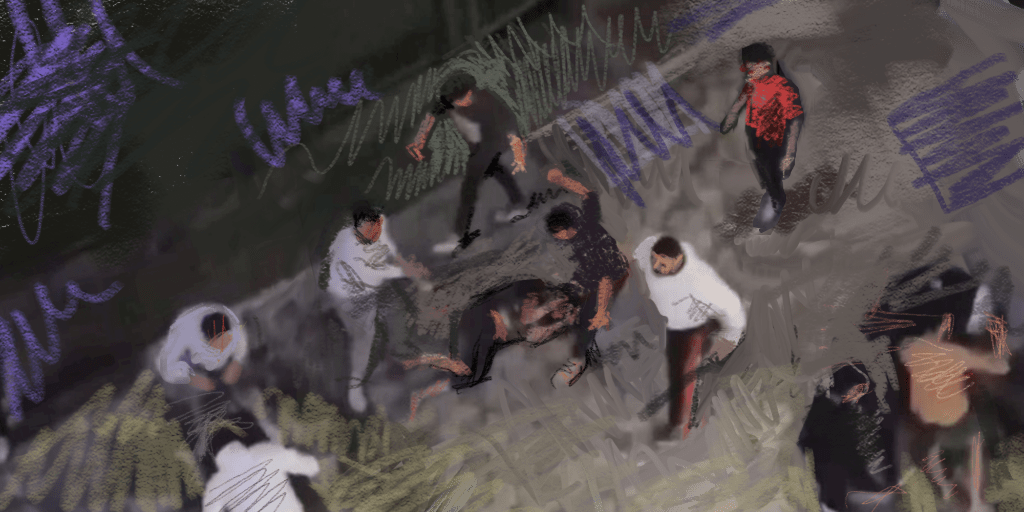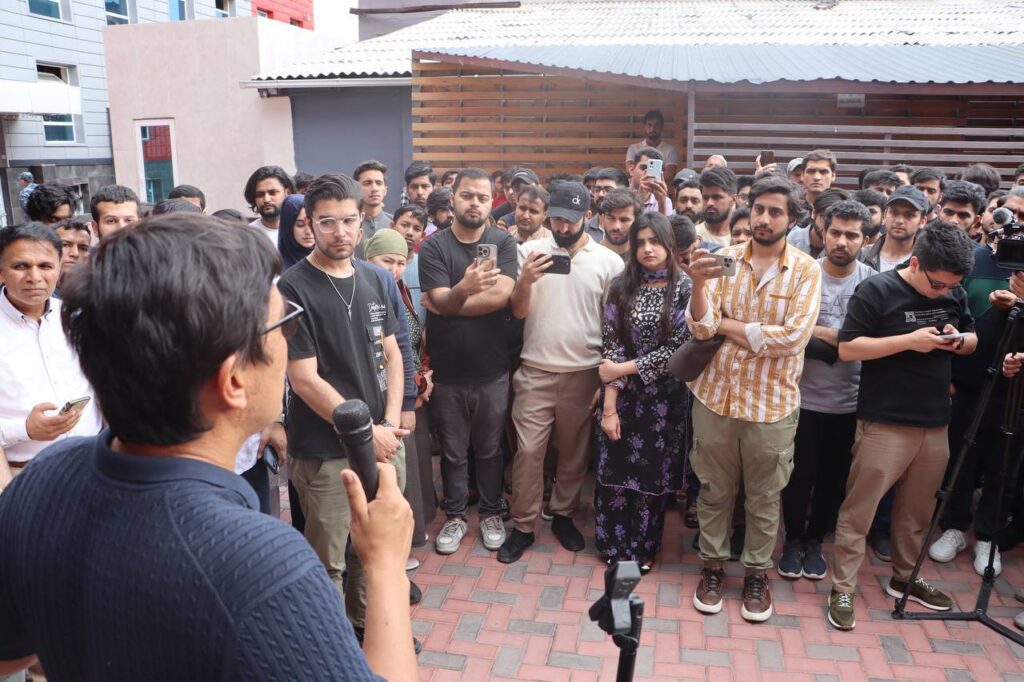In Kazakhstan, the statistics related to criminal cases regarding the abduction of women as brides does not show material change, a study conducted by analysts at Ranking.kz shows.
Referring to the data of the Committee on Legal Statistics and Special Records of the General Prosecutor’s Office of Kazakhstan, the authors of the study report that last year, 18 such criminal cases were recorded. Of these, two-thirds (12 cases) were registered in the southern regions, and two cases each in the eastern, western and central parts of the country.
The report notes that the problem is characteristic not only of remote rural settlements, but also of large metropolitan areas. Thus, 6 out of 12 ‘southern’ criminal cases of abduction of women were in Almaty, and a single case was registered in Astana.
But the number of registered criminal cases on another related criminal offense, namely illegal deprivation of liberty that occurs when a woman is forcibly kept in the house of her fiancé, has noticeably decreased since 2018 from 71 to 13 cases nationwide.
It is worth noting that these statistics only partially reflect the situation on the ground as some Kazakhs continue to disguise this criminal offense as the ancient custom of “qyz alyp qashu” (bride kidnapping).
According to Artur Lastaev, the Commissioner for Human Rights in Kazakhstan, at least two factors affect the situation. Firstly, Kazakhstan does not have a separate article for abducting women for the purposes of marriage, and therefore all abductions of women are registered under one crime, i.e. Article 125 of the Criminal Code of the Republic of Kazakhstan. Secondly, most of the abductions of women for marriage are not even included in statistical reports as they are often covered up. In his report last year, Lastaev wrote: “We can only guess about the real figures of bride theft. Stereotypes persist in society that do not allow women to report the use of this type of coercion. In most cases, perpetrators and victims are not even aware of the criminal nature of such acts and criminal responsibility for them.”
According to the data published by the Ombudsman within the framework of the International Scientific and Practical Conference, “Countering domestic violence: problems and solutions”, 214 criminal cases have been initiated in Kazakhstan since 2019 for the abduction of women. Of these, 94.3% were terminated due to lack of corpus delicti. Only 10 cases were sent to the courts, and 27 people were brought to bear responsibility for their actions.
The Commissioner for Human Rights believes that a separate article for abduction of women for forced marriage should be introduced into the Criminal Code of the Republic of Kazakhstan. According to Lastaev, this should have a preventative effect and reduce the level of crime against women. The General Prosecutor’s Office, where the proposal has been sent, supported the initiative, but amendments to the laws have not yet been adopted.
More than a year ago, experts from Kazakhstan’s Institute for Social Development conducted a sociological study on gender policy that also touched on “bride kidnapping”. Surveys of the Kazakhstani population showed mixed results. Although 76.4% of respondents have a negative attitude towards kidnapping a bride against her will, another 11.7% responded that in such a situation, the bride should stay and marry her kidnapper.











